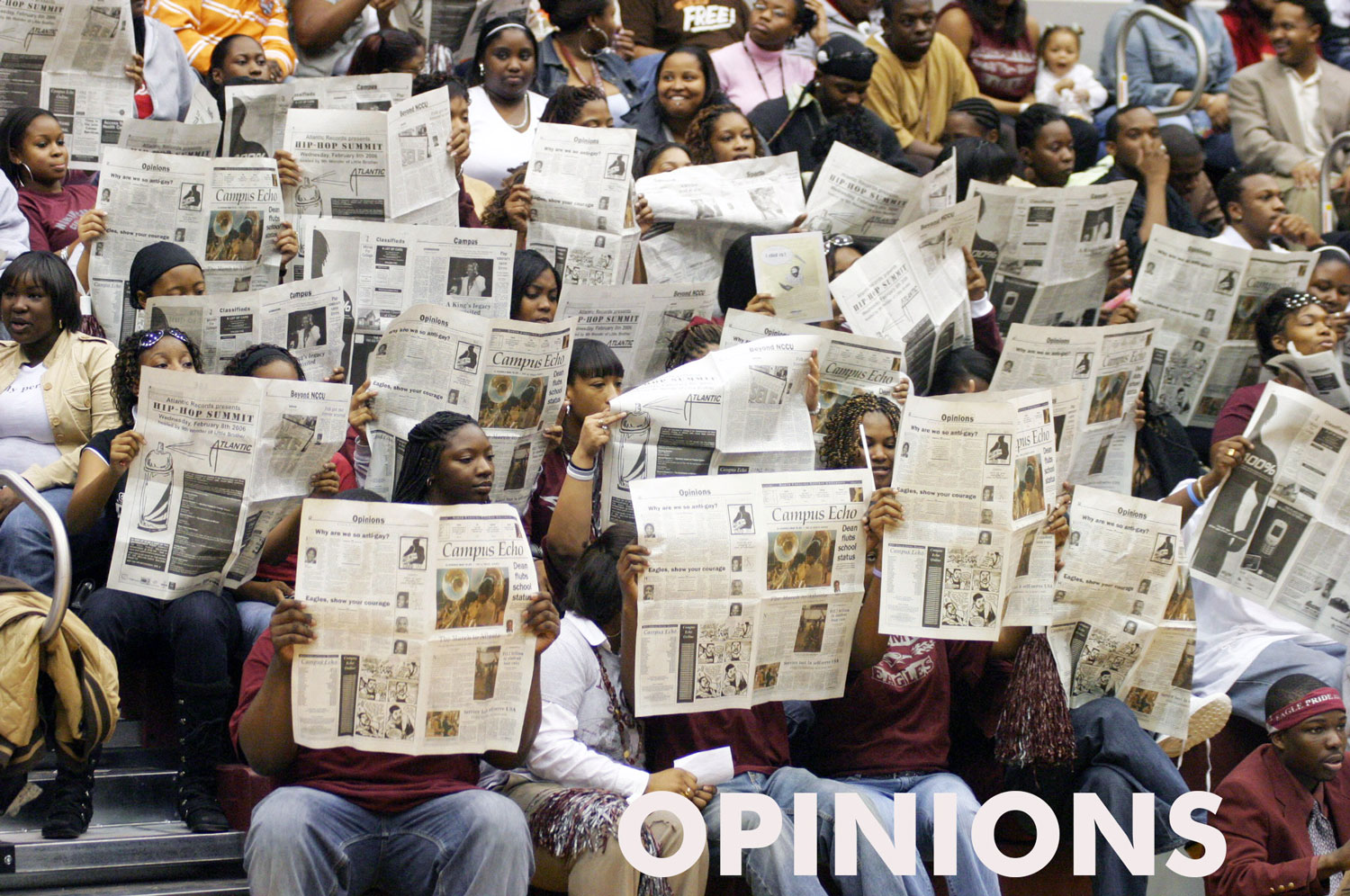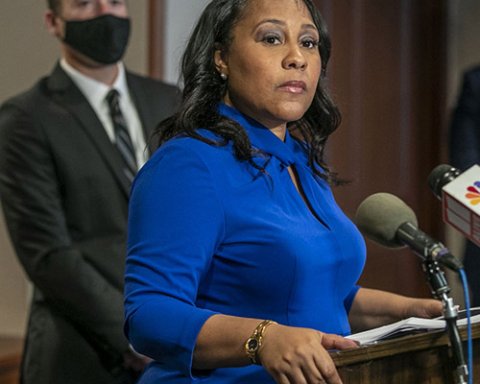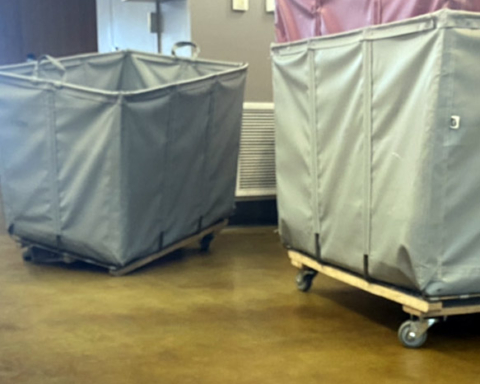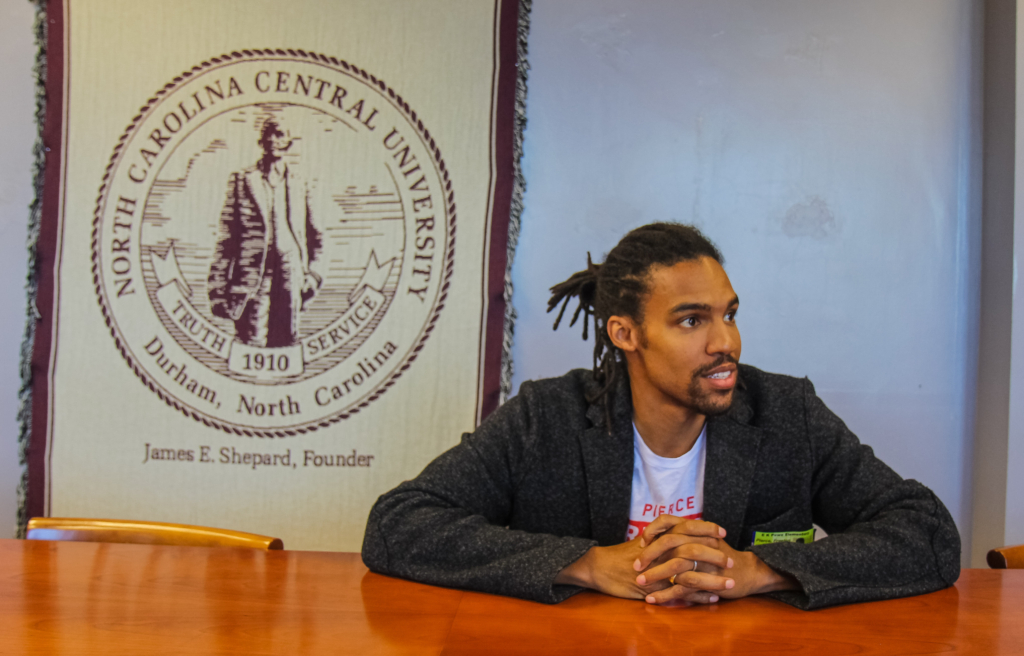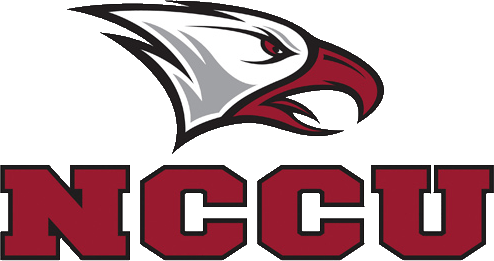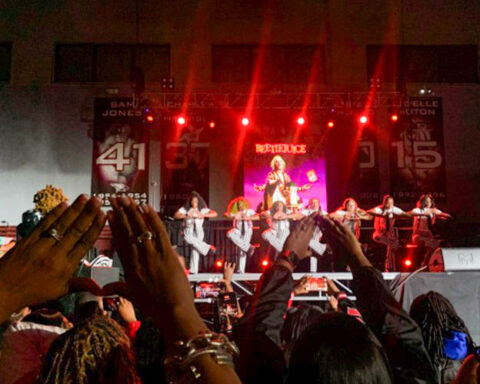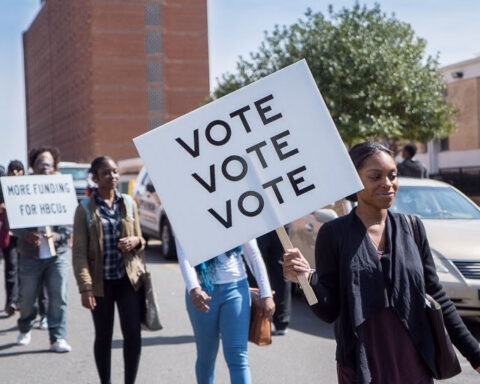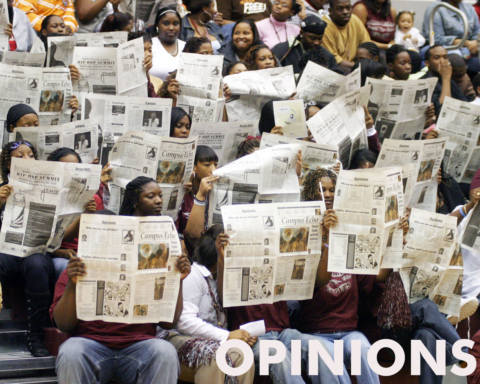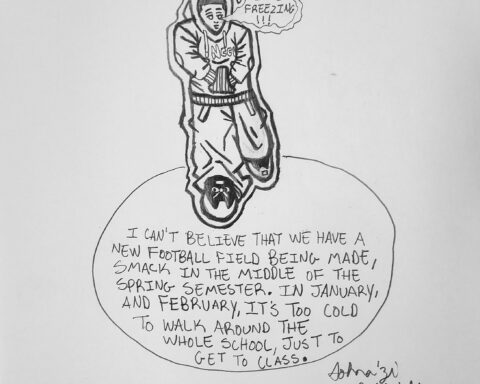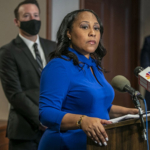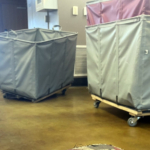If someone had told me when I was a kid that I would grow up to be someone who is queer in both sexuality and gender, I wouldn’t have believed them.
I was as conventional in my identity as I could be. I was told that loving someone of the same gender and expressing oneself fluidly were strange, like they were to be avoided so they wouldn’t rub off on me. Because of this, I internalized those feelings and as I started to mature as a teen, I expressed disdain for people within the community that I would eventually come to love.
By doing this, I was actually denying a huge part of who I was. I already had a social strike against me for being black. I didn’t need any more.
It was at the apex of puberty, when I was beginning to feel like something was off, that I was faced with the realization that I was using what I was taught to keep myself from questioning who I was.
It’s scary breaking away from what you know, and it’s even harder when you can’t put the feelings you have into words. As someone who had lived their life up to that point as an undeniably heterosexual girl, how could I expect anyone to understand me when I say “I think I’m gay, but I don’t like women”?
By the time I came out when entering college, I had spent several years already knowing who I was and who I liked. No one told me that I could like guys and be acknowledged as one–I had to figure that out on my own.
Unfortunately, being confident in your identity doesn’t guarantee an easy time with finding a meaningful relationship. Racism isn’t exclusive to straight people, and neither is transphobia.
“No fats, blacks, Asians, or fems (effeminate men).”
“I think you’re cute, but you’re still pretty much female right? Sorry, I’m not into that.”
My target group of affection generally didn’t see me for who I was, and that hardly did anything good for my self-esteem. I needed someone who would love me regardless of my features, and continue to when those features changed during my transition.
(Spoiler: I found the best thing to ever happen to me and our two-year anniversary is next month.)
This opinion piece was published today in honor of National Coming Out Day, which was first celebrated in 1988 on the ninth anniversary of the 1979 National March on Washington for Lesbian and Gay Rights.

